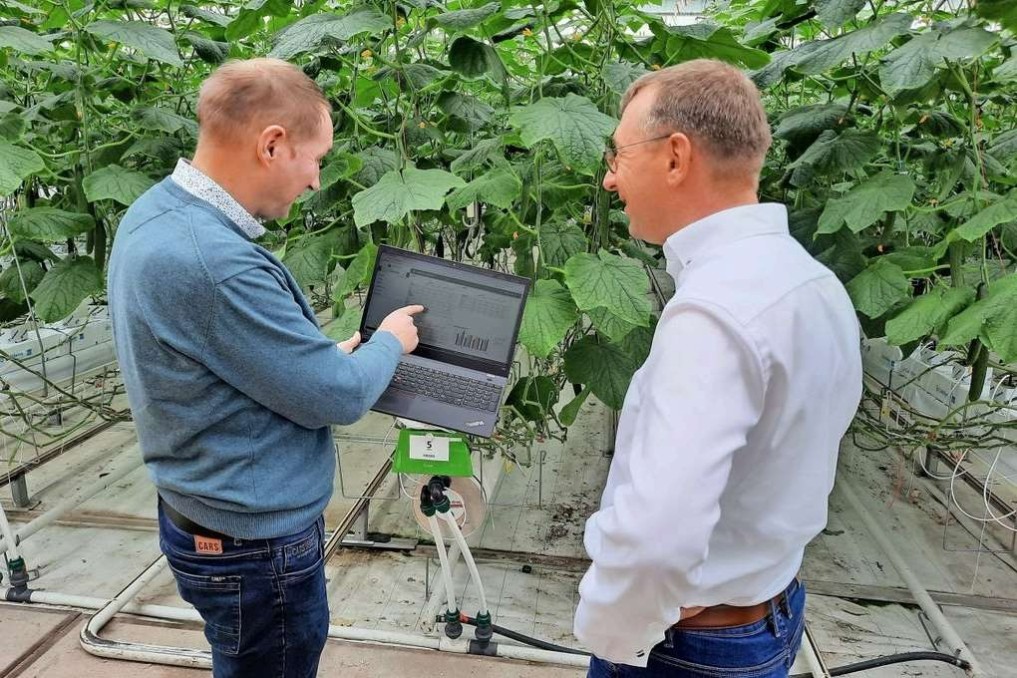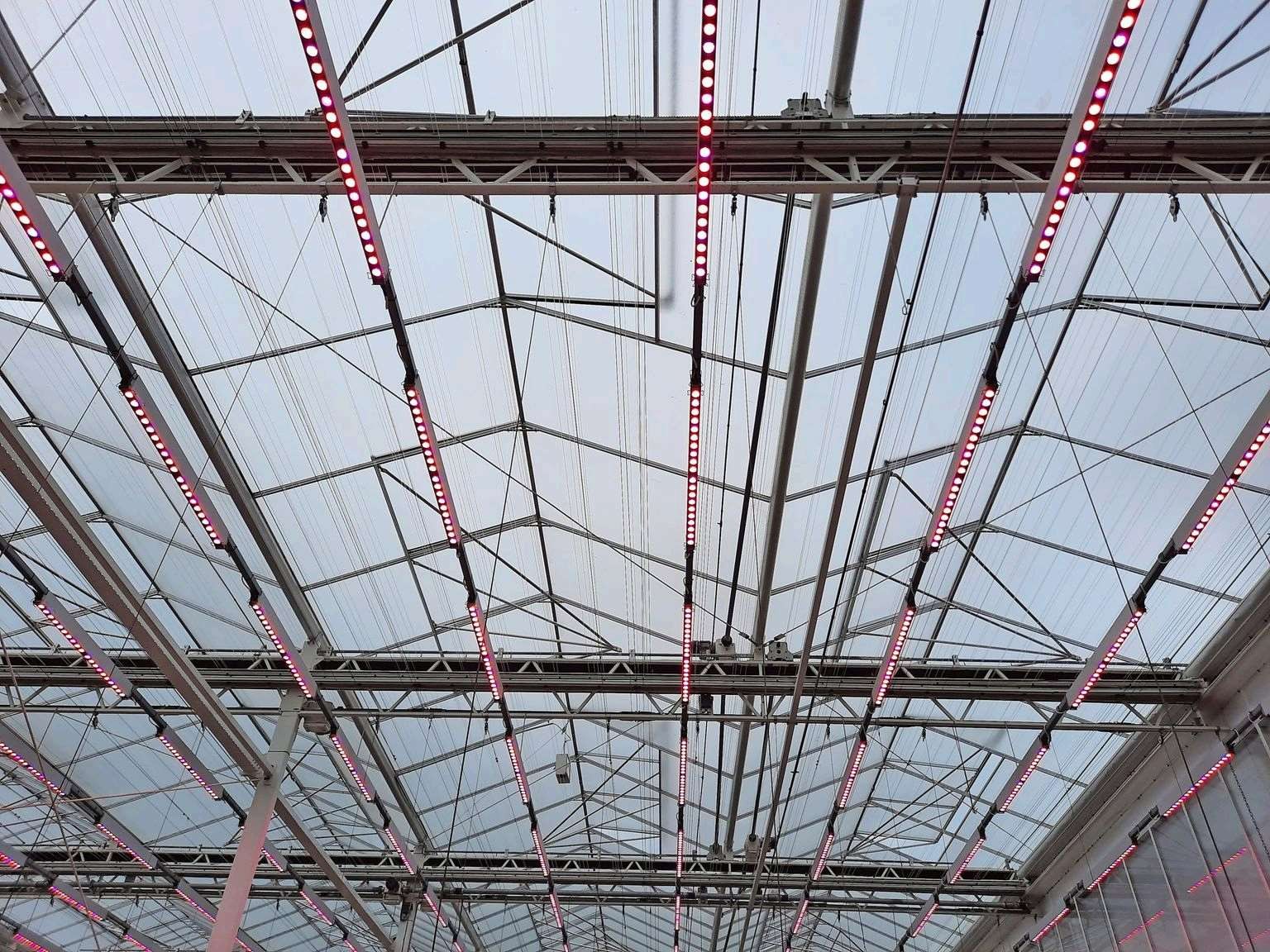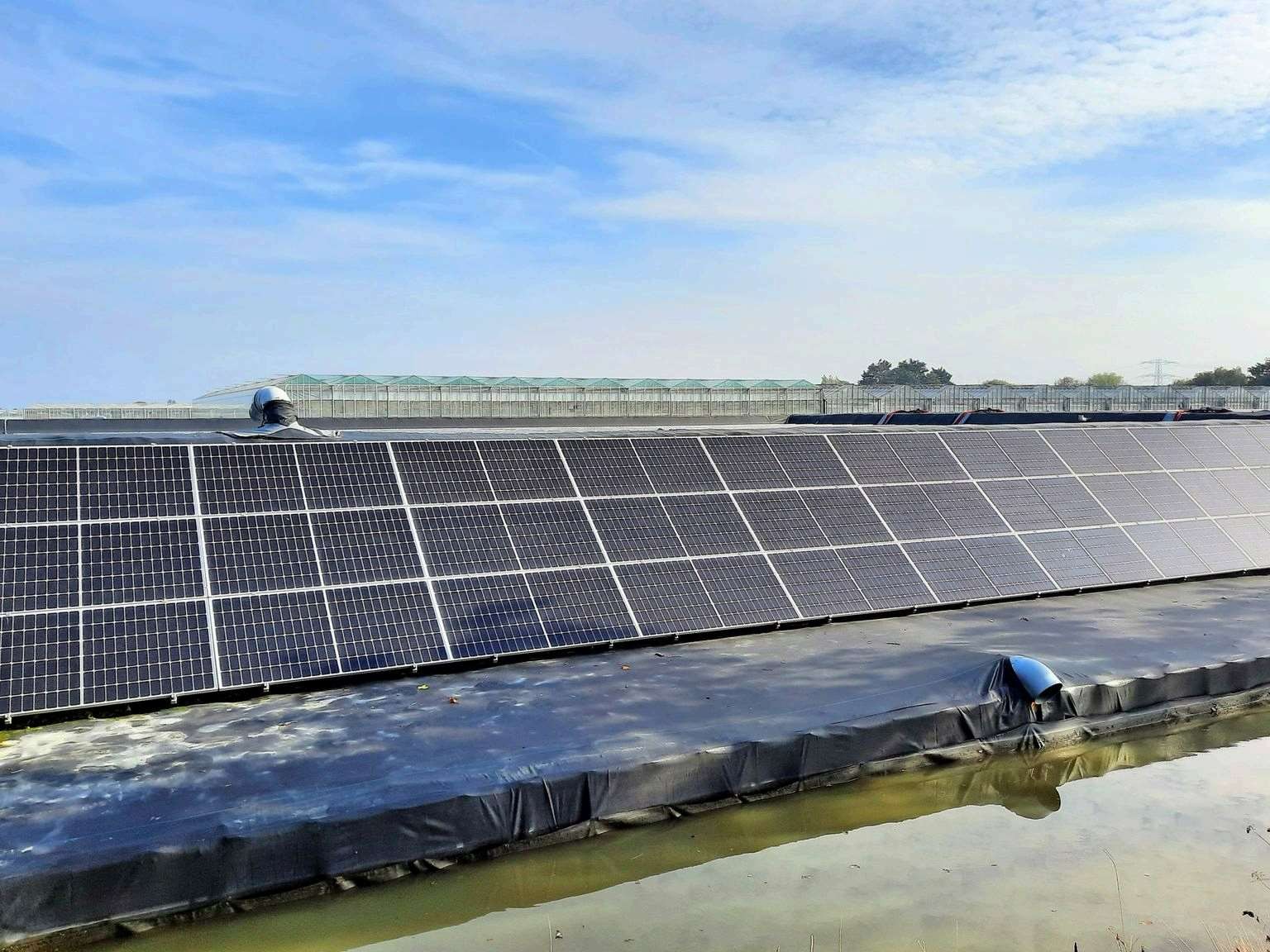
Calculating Energy and CO2 Reduction with KasEnergieWijzer
The KasEnergieWijzer project, which started two years ago, aims to investigate which technologies are most effective for achieving fossil-free horticulture. The project, carried out by Wageningen University & Research (WUR) and sponsored by Kas Als Energiebron and members of the Club of 100, has resulted in a roadmap and a simulation tool available on a wiki page of Groen Kennisnet.

KasEnergieWijzer provides growers with insights into energy-saving and sustainable options such as geothermal energy, solar panels, and wind turbines. The tool allows users to configure their scenarios and calculates energy use, CO2 emissions, and variable energy costs. Gert-Jan Swinkels, a researcher at WUR, emphasizes the necessity of this project due to rising energy prices and changing regulations. "Growers need to switch to other energy sources, and this project offers various developed scenarios," says Swinkels.

Allard van der Meer, Manager of Research & Development at the innovative greenhouse builder Bom Group, highlights the importance of the Trias Energetica, a strategy for energy savings: minimize energy use, use sustainable sources, and optimize fossil fuel usage. He sees the tool primarily as a valuable instrument to help growers worldwide make sustainable choices and investments tailored to their specific circumstances.

Bom Group, known for its large-scale and high-tech greenhouse projects worldwide, will use this tool. Especially in challenging climate zones where these projects are often located, the tool will be very useful.
Interested in the possibilities for your project?
Feel free to call or email:
+31 174 629 441 or info@bomgroup.nl
Curious about all the details and how the simulation tool can help you achieve sustainable horticulture? Click here to read the full article!
https://www.gfactueel.nl/met-simulatietool-energiebesparing-en-vermindering-co2-uitstoot-berekenen/
Publicationdate: 5 July 2024
Back to all our news